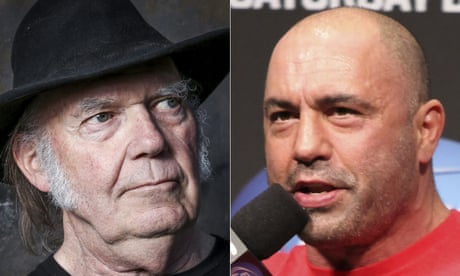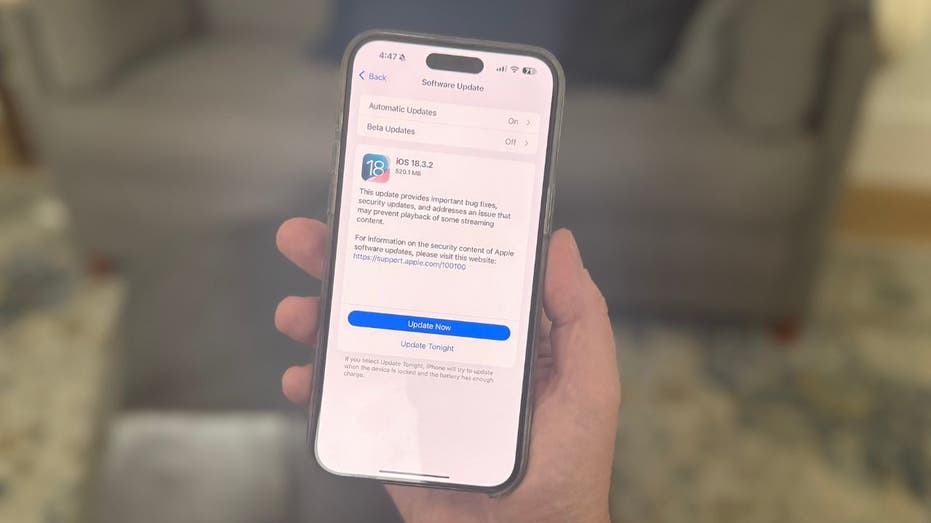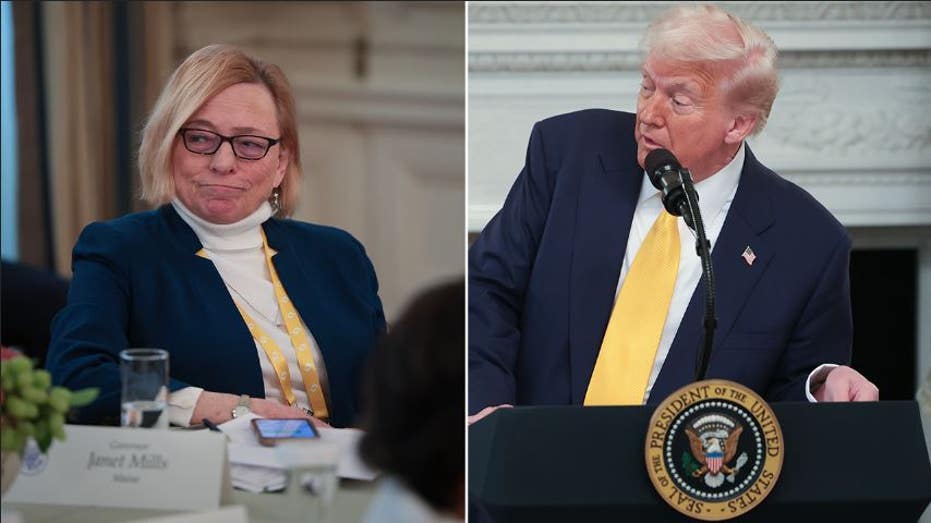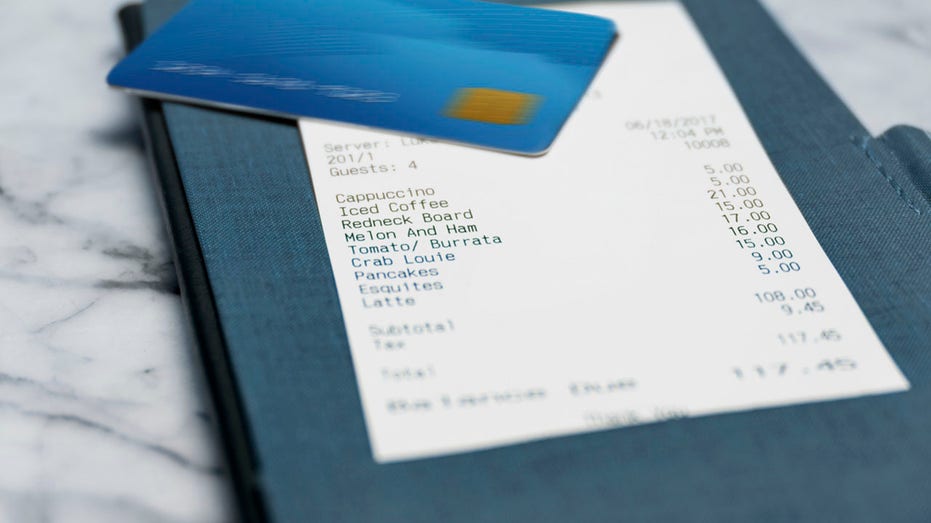- by foxnews
- 15 Mar 2025
Spotify’s attempt to play the Facebook game over Joe Rogan won’t wash | John Naughton
Spotify’s attempt to play the Facebook game over Joe Rogan won’t wash | John Naughton
- by theguardian
- 06 Feb 2022
- in technology

Two decades ago, the late and much-lamented David Bowie said something that was eerily prophetic. "Music itself," he observed, "is going to become like running water or electricity." His point was that in 2002 we were still carrying our music in little bottles called iPods, just as Victorian travellers in India carried bottles of drinking water because you couldn't rely on their being a safe and sanitary public supply.
Spool forward 20 years and Spotify, the Swedish audio streaming and media services provider founded in 2006 by Daniel Ek and Martin Lorentzon, is, in Bowie's terms, the global music authority, providing sanitised recorded music everywhere, on demand. At the moment, it has something like 406 million active monthly users, of whom more than 180 million pay for its "premium" (advertising-free) service.
Given its dominance in the distribution of music, Spotify has inevitably been at the centre of controversies about the royalties musicians get paid for having their work streamed on the platform. In 2009, for example, it was reported that Lady Gaga's hit song Poker Face had been streamed 1m times on Spotify, for which she received the princely royalty of $167! In May 2015, Spotify, seeing that Apple and Amazon were getting into the music streaming business, decided that it was also going to diversify into podcasts. And in May 2020 the company persuaded the popular American comedian Joe Rogan to move his podcast, The Joe Rogan Experience, exclusively to Spotify in return for a reported $100m.
In January this year, an episode of the Rogan show prompted an open letter signed by 270 health care professionals calling on Spotify to develop a counter-misinformation policy on the platform. The complainants especially objected to an episode that had featured Robert W Malone, a medical researcher whom Twitter had permanently suspended from its platform, citing "repeated violations of our Covid-19 misinformation policy", together with a comment Rogan made where he stated that he believed that young, healthy people do not need a Covid-19 vaccine.
At this point, Spotify experienced a sudden collision between its interests in music and podcasting. The musical superstar Neil Young gave the company an ultimatum: it could have his music or Joe Rogan's podcast but not both. "I am doing this," he wrote, "because Spotify is spreading fake information about vaccines, potentially causing death to those who believe the disinformation being spread by them." Shortly afterwards, Joni Mitchell announced that she was taking the same line.
Faced with these ultimatums, why did Spotify do? You only have to ask the question to know the answer. I mean to say, a hundred million bucks is a lot of money, even in the debased currency of the tech industry. And in his attempt to "manage" the controversy, Spotify's co-founder Ek consulted the Facebook playbook. He vowed to provide "greater transparency" on the company's content rules. And, of course, he wanted to support free speech - "while balancing it with the safety of our users". And, just like Facebook, Spotify would henceforth be labelling content with warnings and directing users to a Covid-19 information hub with inputs from scientists and health experts. Etc, etc.
There are, however, a couple of problems with this fatuous virtue-signalling. The first is what philosophers would call a category mistake - "assigning to something a quality or action which can only properly be assigned to things of another category". Spotify is not Facebook. Whatever you might say about the latter, one thing it does not do is pay its users for what they post on its platform. Ek, on the other hand, has paid Joe Rogan $100m to broadcast from Spotify's platform. Which makes him, I would say, a publisher and therefore someone not entitled to the legal protections enjoyed by Facebook, Twitter et al in the US.
And on top of that, there is Ek's naivety in thinking that labelling content about contentious matters is a way of doing good. From what we have learned so far about combating mis- and disinformation, labelling is as likely to boost bad stuff as it is to correct errors. So while Spotify may have succeeded in taming - or suborning - the mighty music industry, when it comes to handling political extremism and conspiracy theorists it's clearly out of its depth.
Not over yetCovid-19: Endemic Doesn't Mean Harmless is the title of a sobering article in Nature by Aris Katzourakis. A good antidote to complacency about Omicron.
Your number's upThere's a terrific blog post for 1 February by Cory Doctorow on his Pluralistic site, about the glossy accountancy and posh legal firms that enable money laundering by oligarchs and crooks.
Coded messageThe transcript at metacpc.org of a fascinating (and intermittently baffling) conversation between Yanis Varoufakis and Evgeny Morozov about "crypto, the left and techno-feudalism" is larded with flashes of inspiration.
- by foxnews
- descember 09, 2016
Neighbors react as viral 'Tunnel Girl' granted permit to continue digging massive bunker under home
"Tunnel Girl" in Herndon, Virginia, "finally" got her tunnel project approved after pausing the project due to a potential violation. Locals and social media users react.
read more





